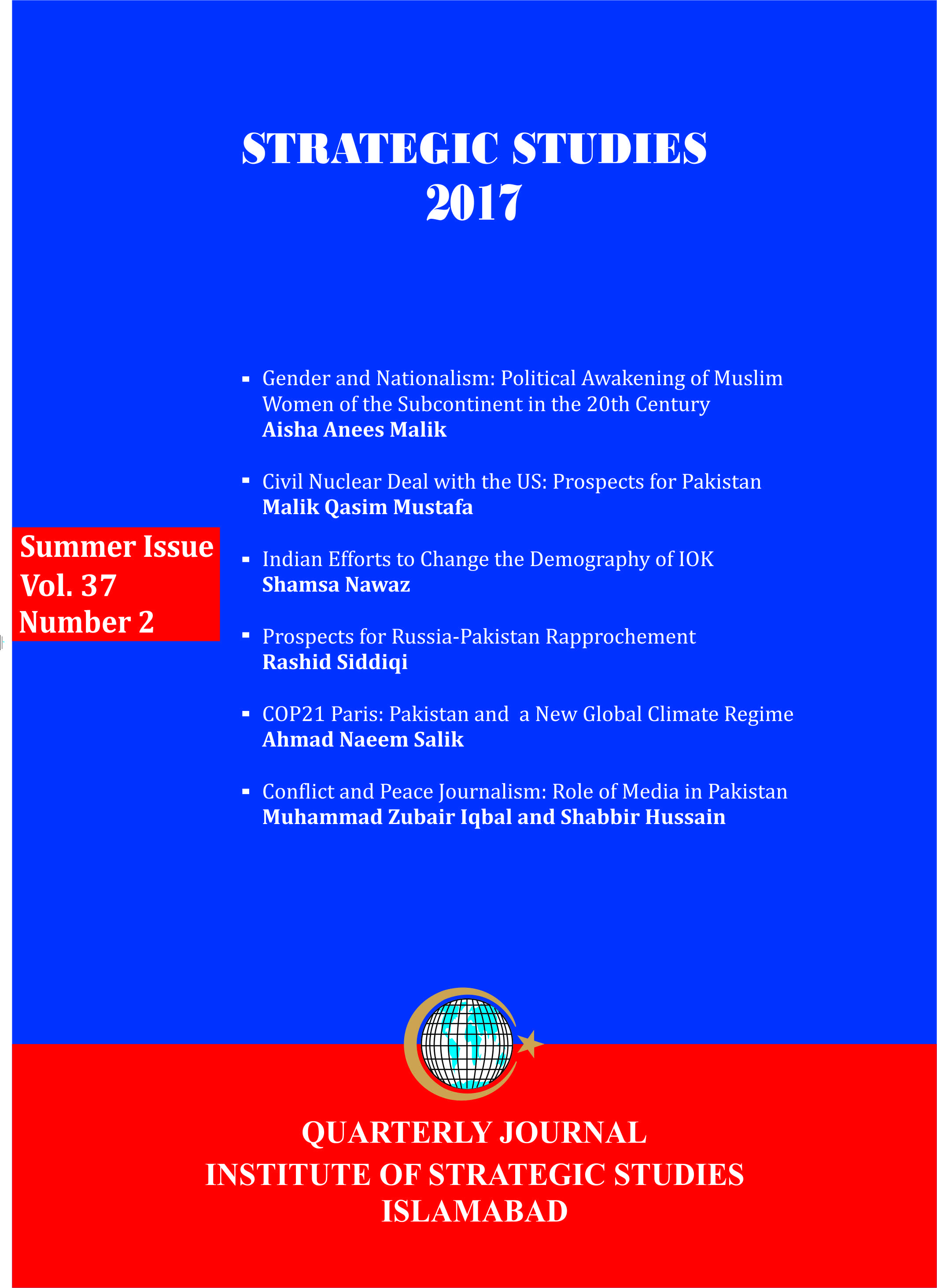Gender and Nationalism: Political Awakening of Muslim Women of the Subcontinent in the 20th Century
Keywords:
Nationalism, Gender, Nation-state, Women’s Social and Political StrugglesAbstract
This paper explores the conflicting relationship between feminism and nationalism by probing into the perception which views women as merely symbols of biological repository of a nation. This formulation is temporarily suspended during nationalist struggles, where women’s support was needed to show unity of identity driven by common objectives. Once independence was achieved, women were expected to stop being comrades in the nationalist struggle and return to being biological and ideological repositories of the nation itself. The political struggles of the Muslim women in the pre and post-independence Pakistan have been used as a case in point. The 20th century social reform movement, the Pakistan Movement and post-independence political struggles, till the end of the century, reflect how a masculine nation-state attempts to limit women’s political and legal rights: the same nation-state that was born as a result of the struggles of women alongside their men.

Published
How to Cite
Issue
Section

This work is licensed under a Creative Commons Attribution-NonCommercial 4.0 International License.



